África/ 12 de Junio de 2016/EFE
Con unas previsiones para 2100 que sitúan a la población africana menor de 18 años en torno a la mitad en el mundo con esa franja de edad, dotar de habilidades digitales a los más jóvenes en esa región es el objetivo del proyecto internacional “Africa Code Week”, que celebrará su segunda edición tras el verano.
La iniciativa es “una de las mayores de alfabetización digital en el continente africano hasta la fecha”, ha afirmado en una entrevista a Efefuturo Gillisen-Duval, directora de responsabilidad social corporativa para SAP, empresa impulsora de esta iniciativa junto con una red de más de un centenar de actores además de compañías como Google y varias organizaciones públicas.
Durante esta segunda edición del proyecto “Africa Code Week” (ACW), que se celebrará del 15 al 23 de octubre de 2016, están previstos miles de eventos de programación, que se realizarán en escuelas, universidades, clubes de programación, centros comunitarios, etc.
Se pretende formar en temas de programación a 150.000 jóvenes y niños de treinta países africanos, mientras que en el horizonte de una década el reto es haber alcanzado a más de 200.000 profesores, y a más de 5 millones de niños y jóvenes.
En la convocatoria del año pasado, la cifra de beneficiarios fue de 89.000 jóvenes de 17 países, que lograron escribir sus primeras líneas de código o simplemente, en algunos casos, tocar por primera vez un ordenador.
La actual explosión demográfica en África es “excepcional en la historia de la humanidad”, y de ahí la importancia de apoyar e impulsar habilidades digitales de la población más joven desde ya, según la responsable de SAP.
Para su implementación, la iniciativa involucra a escuelas, profesores, organismos gubernamentales, ONG, centros comunitarios, clubes de programación, empresas y organizaciones no lucrativas, que trabajan juntas en el objetivo de capacitar a los jóvenes africanos en competencias digitales.
Formación “in situ” y “online”
Se incluyen talleres presenciales de programación de código y también cursos gratuitos “online” desde la plataforma openSAP, además de un autobús para llevar la formación digital a los pequeños en zonas rurales.
Los estudiantes de 8 a 17 años recibirán formación para desarrollos informáticos con Scratch, una interfaz de aprendizaje de código abierto diseñada por el MIT Media Lab que simplifica la programación a las generaciones más jóvenes.
Los de más edad, hasta los 24 años, serán introducidos en las tecnologías “web” más relevantes para trabajar y concretamente en WordPress y Joomla, permitiéndoles crear un sitio completamente operativo y “amigable” para el móvil.
Según la responsable de SAP, la digitalización está fomentando un crecimiento económico “enorme” en todo el mundo, pero en 2020, la economía mundial se enfrentará todavía más a una escasez de talento cualificado que es necesario resolver con formación, ha dicho, para impulsar la prosperidad y la seguridad social.
En torno a esa fecha se calcula que habrá 45 millones de puestos de trabajo “perdidos”, es decir, empleos que requieren habilidades intermedias que las empresas tratan de cubrir pero para los cuales no hay mano de obra cualificada en las economías en desarrollo, especialmente en África, ha explicado.
“Los conocimientos en tecnologías de la información (TI) son la moneda de trabajo del futuro y en gran medida de nuestro presente”. De hecho, prosigue, ya tienen el poder para poner a millones de personas en la senda de la autosuficiencia y de una carrera exitosa, ha añadido.
Fuente: http://www.efefuturo.com/noticia/africa-code-week-llevara-alfabetizacion-digital-miles-ninos-africano/
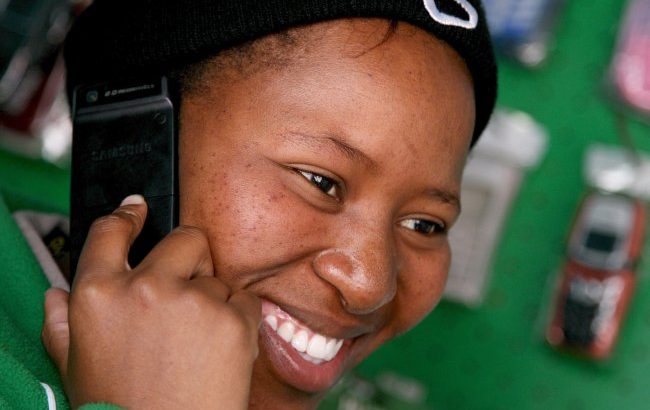

/A7DAFB269E5ADB36C1257FC000336303/$file/Colonial%20Legacies_IN%20TeXT.jpg) This paper identifies three types of welfare regimes in Africa, based on the insight that tax and expenditure regimes are closely associated. Using cluster analysis, the author highlights historical legacies in current welfare policies, demonstrating that welfare regimes in Africa have been strongly determined by the ways in which different countries were incorporated into the colonial economy. The author finds that many of the new social welfare reforms are taking place in what he refers to as labour reserve economies, and are generally internally rather than aid-driven. He stresses the importance of thinking of social expenditure in relationship to domestic resource mobilization, and finds that the focus on aid and social expenditure has tended to obscure this important aspect of welfare regimes in Africa.
This paper identifies three types of welfare regimes in Africa, based on the insight that tax and expenditure regimes are closely associated. Using cluster analysis, the author highlights historical legacies in current welfare policies, demonstrating that welfare regimes in Africa have been strongly determined by the ways in which different countries were incorporated into the colonial economy. The author finds that many of the new social welfare reforms are taking place in what he refers to as labour reserve economies, and are generally internally rather than aid-driven. He stresses the importance of thinking of social expenditure in relationship to domestic resource mobilization, and finds that the focus on aid and social expenditure has tended to obscure this important aspect of welfare regimes in Africa.
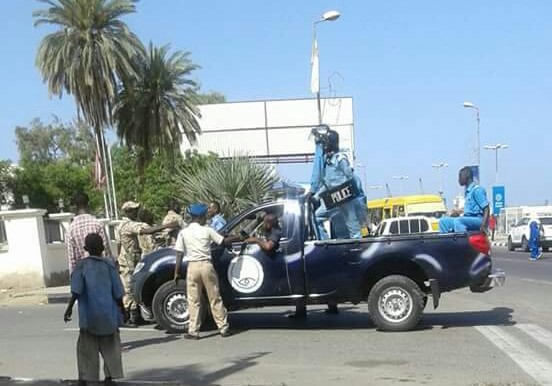
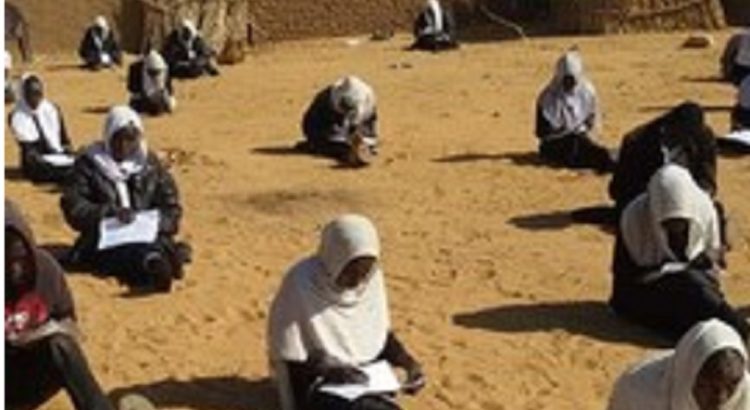
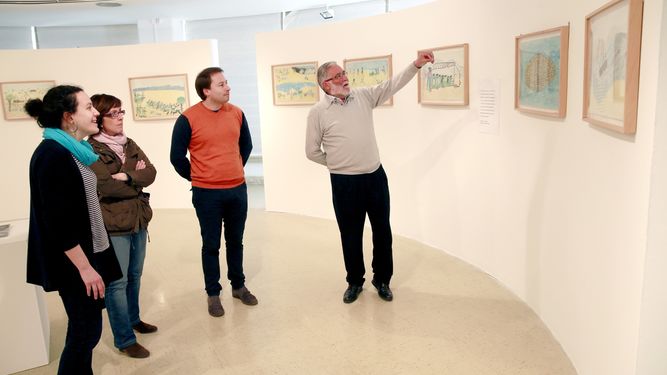
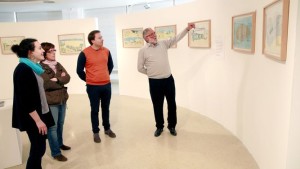

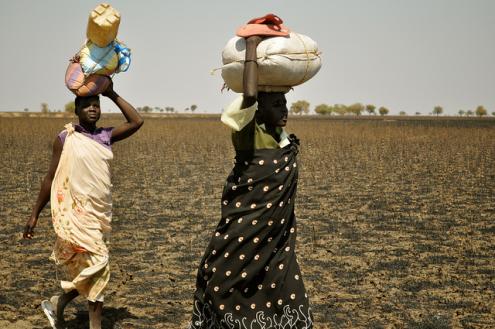







 Users Today : 34
Users Today : 34 Total Users : 35460417
Total Users : 35460417 Views Today : 66
Views Today : 66 Total views : 3419229
Total views : 3419229